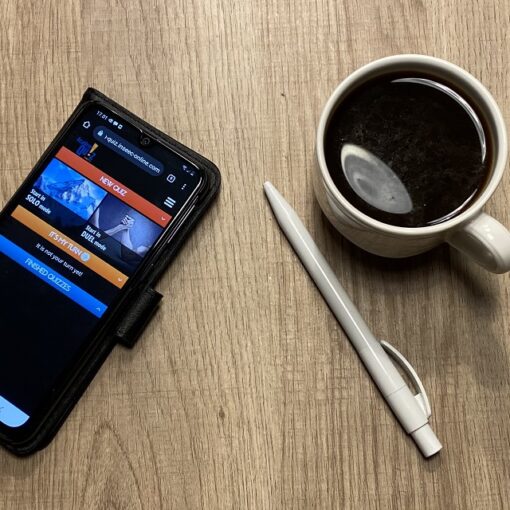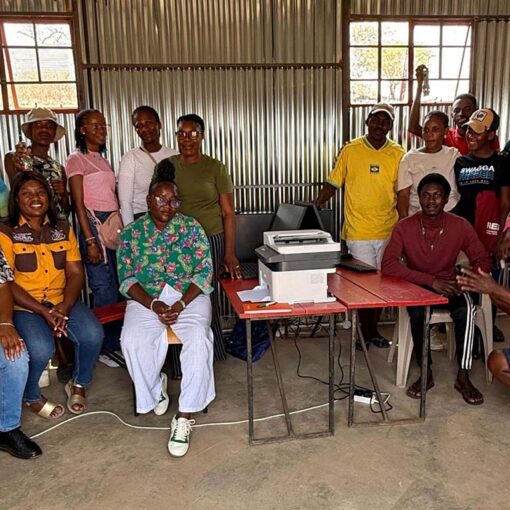Locally sourced food involving the local workforce in each production step benefits consumers, businesses linked to the short supply chain, and the environment. Delivery companies focus on the quick dispatch of food prepared in a very short time. Long-cooked valuable dishes have been overlooked, partly due to legitimate logistics reasons. Getting a local farm-grade meal is complicated, from its ordering through production to the will to pay the appropriate price. Understanding food quality plays a role, too (Grzegorz 2022, 4).
![[Alt text: a lunch buffet.]](https://blogit.lab.fi/labfocus/wp-content/uploads/sites/8/2022/11/714_2022_Sci-fi-or-an-economical-way-of-ordering-fresh-local-food_1-1024x579.jpg)
Individual perception of food quality depends on demographic and socioeconomic aspects (Baiardi et al. 2016, 74). Widely understood assurance of food quality points towards the short supply chain (Migliore et al. 2015, 146). Cooking and pre-cooking techniques can also impact the freshness and perceived quality (Potter & Hotchkiss 2012, 128).
Like in stores, the quality management of raw materials is vital for restaurant consumer retention. What if resources currently concentrated on affordability, quick preparation, swift delivery, broad menu and exotic ingredients were invested in logistics, planning, sourcing and quality? The elevated customers’ aggregate spending is driven by modern technologies (Oblander & McCarthy 2022, 6) and modern tech is as well carrier of innovation. Could innovative thinking break the consumer’s habit of paying for empty calories and end the farmer’s ignorance of modern technologies?
![[Alt text: food on a plate. Fish and vegetables.]](https://blogit.lab.fi/labfocus/wp-content/uploads/sites/8/2022/11/714_2022_Sci-fi-or-an-economical-way-of-ordering-fresh-local-food_2-1024x579.jpg)
What if all stakeholders shared a network facilitating planning and sales as a common driver? This is the author’s concept for a Novel kitchen, supported by market analysis, product development research and a consumer behaviour questionnaire on 250 Finnish-speaking consumers. The idea presents several benefits ‒ nutritionally balanced, fresh, local and complex dishes produced without semi-finished materials, frozen ingredients and artificial preservatives, whilst minimising significant cost surges, waste and the squandering of other resources.
Waste as a relevant factor
Almost 21% of all food production in professional kitchens becomes waste (Silvennoinen et al. 2020, 13). Leading causes of waste include convenience habits, inaccurate planning and imperfect sales forecast. Novel kitchen would eliminate this excessive waste by controlling the supply chain and the subsequent distribution.
![[Alt text: professional kitchen with equipment for waste and kitchen utensils.]](https://blogit.lab.fi/labfocus/wp-content/uploads/sites/8/2022/11/714_2022_Sci-fi-or-an-economical-way-of-ordering-fresh-local-food_3-1024x579.jpg)
7.5% of economically active consumers in Finnish city areas are ready to receive the new service based on the Novel kitchen concept (Grzegorz 2022, 35). The real size of the segment and its future growth are not apparent, but entry to the target segment might open access to other segments in the future (Mullins 2010, 28).
Authors
Ondrej Grzegorz is an entrepreneur and student at the LAB University of Applied Sciences in a Bachelor’s degree program in Tourism and Hospitality management. His Novel kitchen -software is developed in co-operation with IT University of Copenhagen.
Dr. Jukka Sirkiä is a Senior lecturer at the LAB University of Applied Sciences.
References
Baiardi, D. Puglisi, R. Scabrosetti, S. 2016. Individual attitudes on food quality and safety: Empirical evidence on EU countries. Food Quality and Preference, vol. 49. 70‒74. Cited 22 Aug 2022. Available at DOI 10.1016/j.foodqual.2015.11.011.
Grzegorz, O. 2022. The business potential of a novel concept in digital food ordering: market analysis, consumer research and product development in South Karelia. LAB University of Applied Sciences. Cited 21 Nov 2022. Available at https://urn.fi/URN:NBN:fi:amk-2022111722941
Migliore, G. Schifani, G. Cembalo, L. 2015. Opening the black box of food quality in the short supply chain: Effects of conventions of quality on consumer choice. Food Quality and Preference, vol. 39, 141‒146. Cited 22 Aug 2022. Available at DOI 10.1016/j.foodqual.2014.07.006
Mullins, J. W. 2010. The new business road test: What entrepreneurs and executives should do before writing a business plan. 3rd ed. New York: Financial Times Prentice Hall.
Oblander, E. S., McCarthy, D. 2022. Persistence of Consumer Lifestyle Choices: Evidence from Restaurant Delivery During COVID-19. [Preprint] Columbia Business School Research Paper Forthcoming. Cited 28 Jun 2022. Available at https://papers.ssrn.com/sol3/papers.cfm?abstract_id=3836262
Silvennoinen K., Nisonen, S. & Lahti L. 2020. Ravitsemispalveluiden elintarvikejäte: jätteen määrä 2018–2019 ja seurannan kehittäminen. Luonnonvarakeskus. Cited 1 Sep 2022. Available at http://urn.fi/URN:ISBN:978-952-326-894-4




